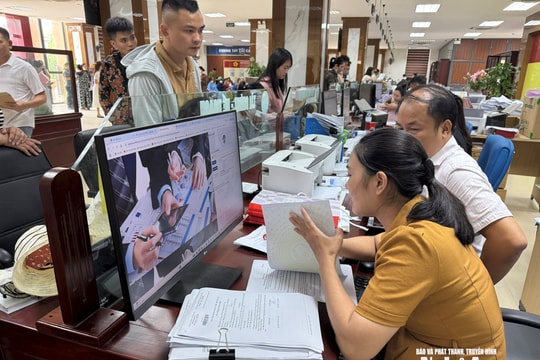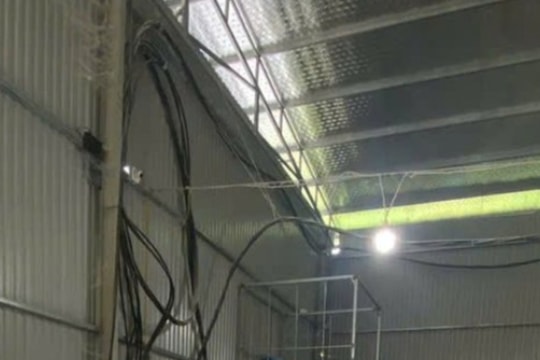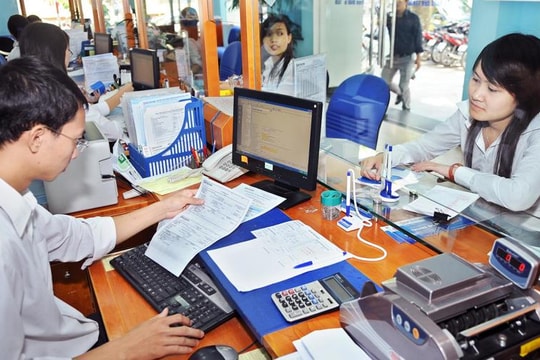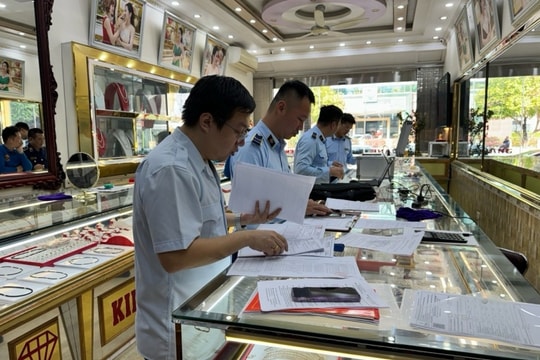'Death' of paper invoices, businesses are worried
Businesses are concerned about having to use electronic invoices instead of paper invoices.
According to the draft decree regulating sales invoices and service provision drafted by the Ministry of Finance, from the beginning of 2018, electronic invoices will be used instead of paper invoices.
However, at a workshop to collect comments on the draft decree organized by the Vietnam Chamber of Commerce and Industry and the Ministry of Finance in Ho Chi Minh City, businesses expressed many concerns.
Spend 300 million VND/month on bills
A representative of Orient Commercial Bank said that it has started using electronic invoices instead of paper invoices since 2016. This saves on storage and printing costs and facilitates information and revenue management.
However, according to the draft decree regulating sales invoices and service provision, from the beginning of 2018, electronic invoices must have an authentication code from the tax authority. The fee for each electronic invoice with an authentication code is 300 VND, which means that each month the bank has to spend about 300 million VND.
“The purpose of switching from paper invoices to electronic invoices is to help businesses save costs. If in reality, businesses still spend too much money, it needs to be reviewed,” said a representative of Orient Bank.
Some other businesses also proposed not to charge service fees on each invoice but to let businesses take the initiative in electronic invoice services. Then, businesses will send monthly invoice declarations to the tax authorities, thus reducing costs and hassles for businesses.
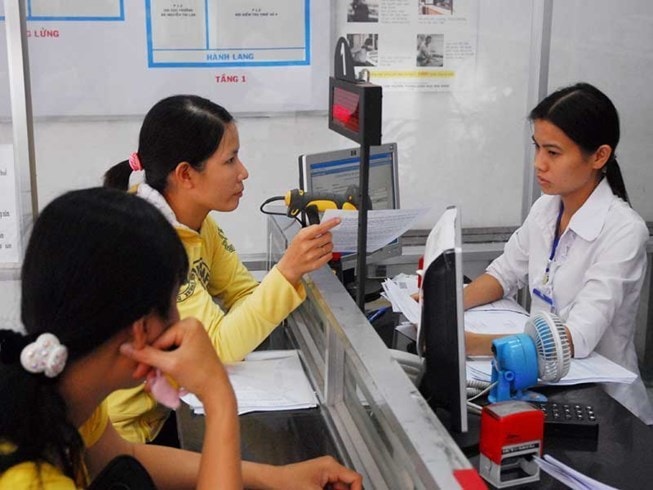 |
| Many businesses suggest reducing costs when switching from paper invoices to electronic invoices. |
A representative of Ajinomoto Vietnam Company is worried that the business community will encounter difficulties with management agencies. “In case of transporting goods on the road, businesses must bring red invoices for inspection by competent agencies. So when the regulation on using electronic invoices comes into effect, what can we present to the inspection officers? Moreover, currently only Ho Chi Minh City and Hanoi have implemented electronic invoices. Meanwhile, businesses operate all over the country with many different customers. This is an issue that the tax sector needs to consider to avoid causing trouble for business people” - Ajinomoto Vietnam representative raised the issue.
In addition, many businesses are concerned that Vietnam's information technology infrastructure is still poor and does not meet the data connection requirements of tax authorities. Specifically, a representative of an import-export company cited data showing that there are currently more than 4 billion invoices, including electronic invoices and paper invoices, in the entire economy. If electronic invoices are applied, the number of invoices will reach about 5-6 billion.
“At that time, will the tax industry have enough capacity to manage this big data and if there is an information incident, it will cause chaos in business operations. In particular, the cost of fixing the incident will cause huge damage to the business” - the above business representative warned.
Proposed roadmap for 1-2 years
In response to questions from the business community, Ms. Nguyen Thi Thu Ha, Tax Policy Department under the General Department of Taxation, said that by the end of last year, the country had 315 enterprises using electronic invoices with more than 2.4 million invoices authenticated by the tax sector.
Through the pilot in Hanoi and Ho Chi Minh City, it has been shown that electronic invoices help businesses and tax authorities reduce the time for invoice procedures. For example, with paper invoices, businesses spend five steps while with electronic invoices, only one step of registration is required. In addition, businesses reduce printing and storage costs, help screen invoices of absconding businesses, and eliminate fake invoices.
“However, the tax authority will take into account the opinions of businesses to edit and supplement the draft decree regulating sales invoices and service provision. Thereby creating convenience, reducing costs for businesses and supporting businesses in the initial stages of applying electronic invoices,” Ms. Ha pledged.
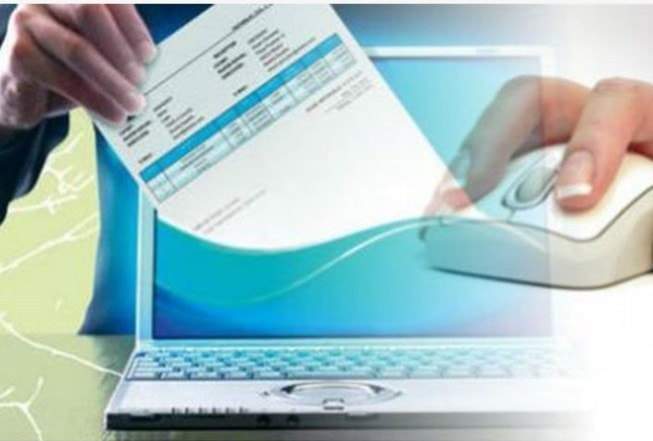 |
| Through the pilot in Hanoi and Ho Chi Minh City, it shows that electronic invoices help businesses and tax authorities reduce the time for invoice procedures. |
Tax representatives also pledged to build a data portal on electronic invoices that is synchronously connected with agencies and departments to avoid causing difficulties for businesses. For example, in the case of transporting goods on the road, businesses only need to read the electronic invoice code, and both the management agency and the business can access the system.
However, Mr. Nguyen Ngoc Tuan, Vice President of Dong Nai Import-Export Association, said that the simultaneous use of electronic invoices from the beginning of 2018 is "too urgent, not enough time for businesses to prepare". Therefore, Mr. Tuan suggested that there should be a roadmap of 1-2 years so that businesses and tax authorities can prepare well. During this time, businesses will still use paper invoices and electronic invoices in parallel depending on the case.
How to apply electronic invoices? According to the draft decree regulating invoices for sales and service provision, enterprises that used electronic invoices or electronic invoices with tax authority codes before 2018 will continue to use the electronic invoices currently in effect from January 1, 2018. Enterprises with high tax risks will apply to use electronic invoices from January 1, 2018. For business organizations with tax codes before 2018 using self-printed invoices on computer systems, enterprises and economic organizations that are purchasing invoices from tax authorities can use electronic invoices with tax authority codes or electronic invoices self-issued by enterprises from July 1, 2018 if they meet all conditions. Enterprises and economic organizations that used printed invoices before 2018 will continue to use printed invoices in 2018 and the General Department of Taxation will have solutions to gradually switch to using electronic invoices with tax authority codes. In cases where conditions are met, electronic invoices issued by the enterprise itself will be applied. |
According to Ho Chi Minh City Law Newspaper
| RELATED NEWS |
|---|


